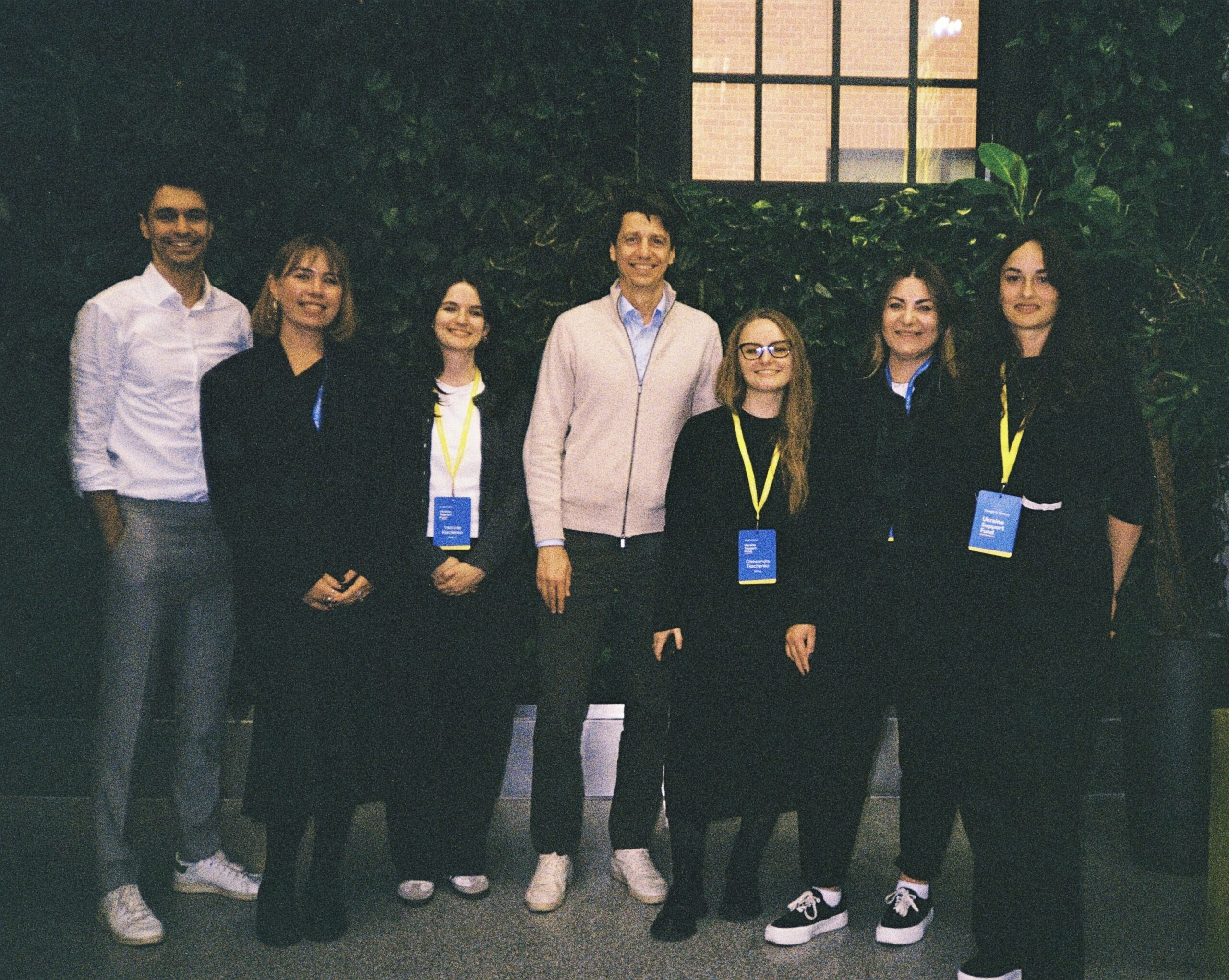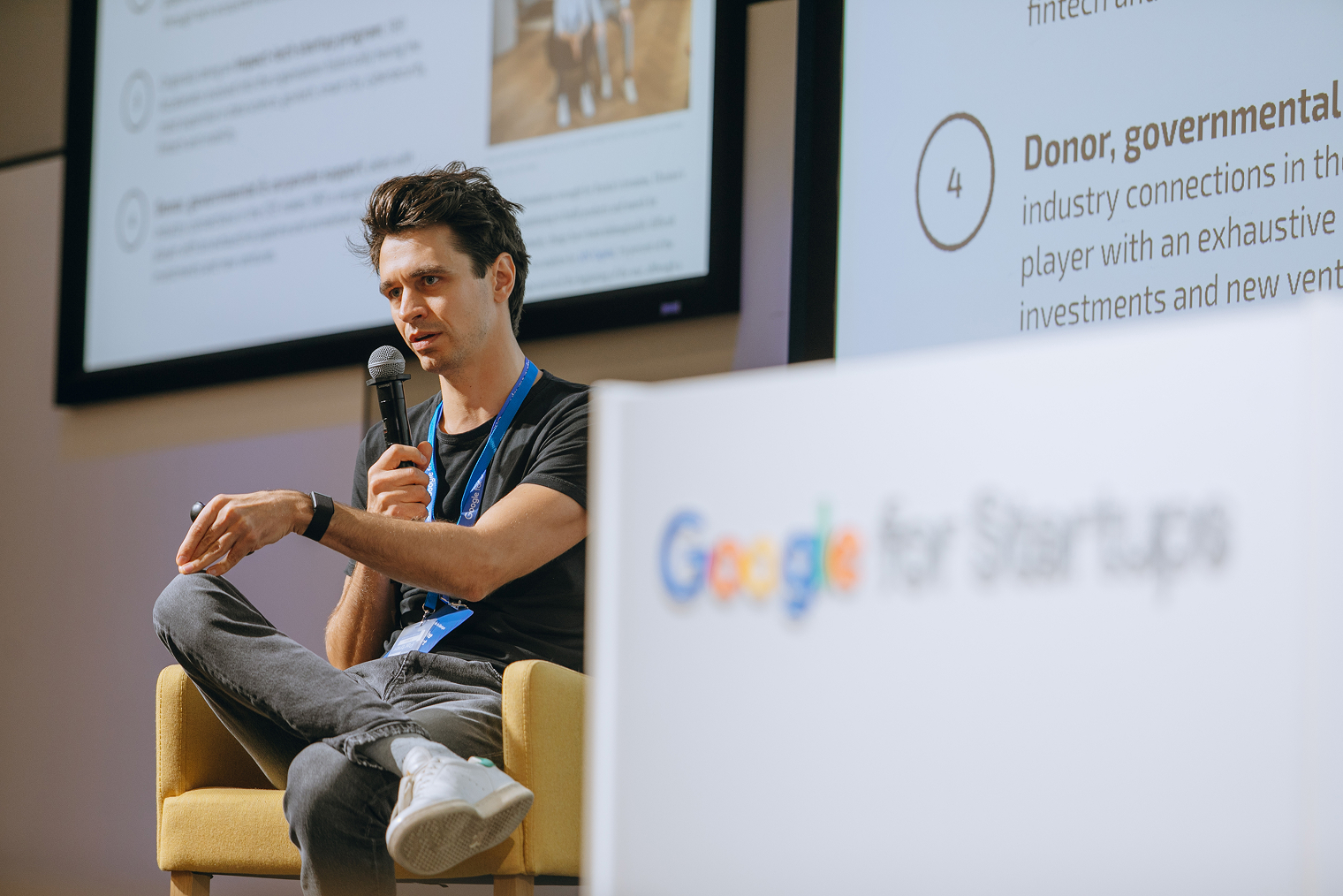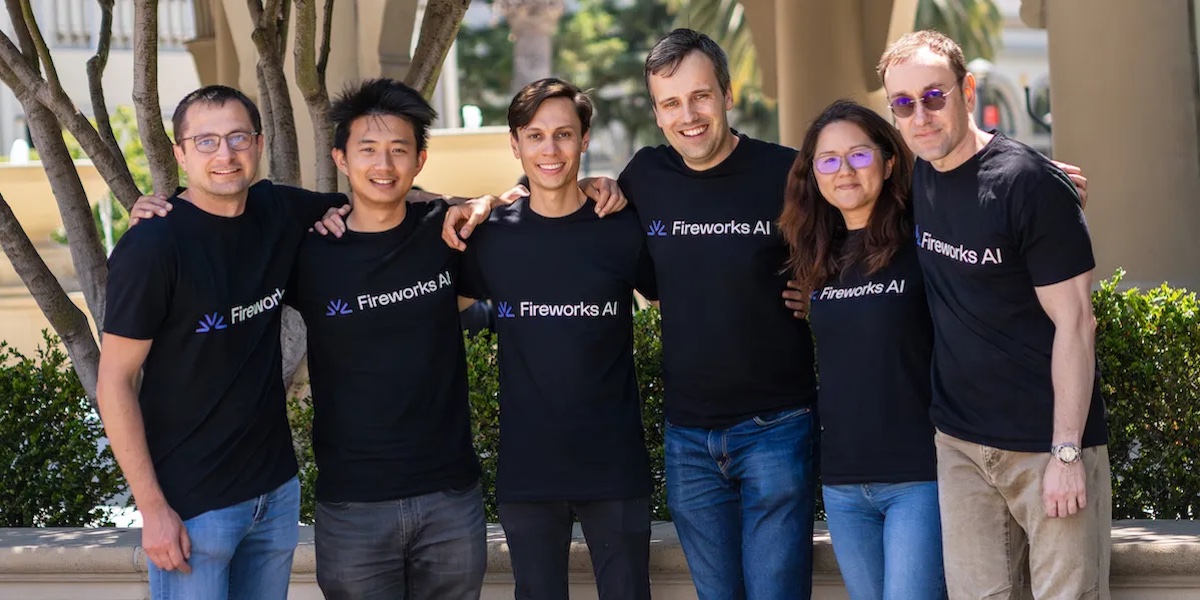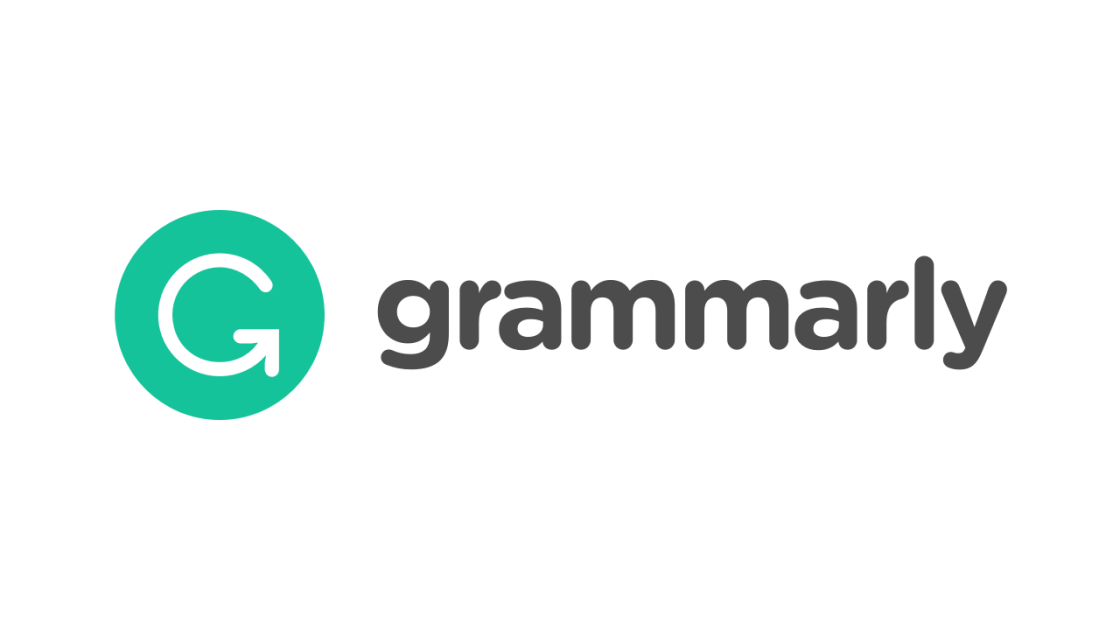1991 Ventures Marks First Year, Plans to Invest $5M in 10+ Startups in 2025
At the end of March 2024, Denis and Viktor Gursky announced the launch of 1991 Ventures, a London-based VC firm with £15 million under management. With this capital, the firm set out to support around 40 Ukrainian and Eastern European tech startups at the pre-seed and seed stages, offering tickets of up to $500,000. Venrex and Samos Investments joined as LPs.
In its first year, 1991 Ventures invested in five startups, brought on a new LP, and continued supporting Ukrainian teams entering the UK market.
In an interview with Scroll, Viktor Gursky, partner at 1991 Ventures and CEO of 1991 Accelerator, shared how it all started, what value 1991.vc offers to both startups and investors and what’s on the roadmap for 2025.
Highlights from 1991 Ventures’ first year
- Invested in five startups, including the pre-seed round of LetsData, the seed round of Deus Robotics, and the pre-seed round of Ability.ai, a defense procurement startup (Allied Adaptive Industries) — currently under NDA.
- No exits or write-offs so far — all portfolio companies are showing traction and growth.
- Appointed Ukrainian operator of Google for Startups’ $10M Ukraine Support Fund. 1991 Ventures scouts, evaluates, and selects applications, manages payments, monitors fund usage, and supports participating startups.
- Launched the second UK-Ukraine TechBridge Investment Accelerator with the Ministry of Digital Transformation and the UK government. Twenty Ukrainian startups will participate in a 9-week online program focused on investment readiness and UK expansion.
- Welcomed a new LP: Allocator One — an investment firm that backs emerging VC firms globally.

From accelerator to VC firm
(Editor’s note: In 2011, Ukraine launched SocialBoost — an NGO that connects startups, businesses, and the public sector to drive innovation and economic transformation. One of its key initiatives is 1991 Accelerator.
According to the accelerator’s website, between 2016 and 2024, they ran over 40 programs and supported over 250 startups. Around 30% of these startups secured more than $10 million in grants and investments. In 2020, 1991 Accelerator received accreditation from the Ukrainian Startup Fund (USF), allowing it to support even more early-stage companies.

The launch of the investment company was a natural next step. As more 1991 Accelerator alumni began scaling successfully, it became clear that one-off acceleration programs were no longer enough. To truly support these startups long-term, the team needed to be involved beyond the accelerator — and that meant bringing in serious private capital.
Their first alum success — AxDraft, a contract lifecycle management platform — was an important milestone.
Editor’s note: Ukrainian legaltech startup AXDRAFT was acquired by international legaltech company Onit. While the terms weren’t disclosed, co-founder and CEO Yuriy Zaremba confirmed it was a multimillion-dollar deal. In 2019, the startup was valued at $10 million.
Today, more than 80 1991 Accelerator alumni are still active. Collectively, these startups have raised over $33.8 million in funding.
Launching the VC firm took several years of planning.
The team chose to base it in the UK for several reasons. British investors often overlook Eastern Europe. 1991 Ventures helps them discover what they call the Untapped Talent of Eastern Europe.
Previous collaborations with UK-based institutions revealed a strong appetite for engagement with Ukraine.
The UK is a natural destination for CEE startups. Around 25% of Central and Eastern European startups expand to the UK, 50% to the US, and 25% remain in the region. London, in particular, has become a hub for CEE founders — it’s close, well-connected, and full of opportunity.
Lobbying for the Ukrainian startup ecosystem in the UK
When we speak to potential LPs today, we see growing interest in Ukraine and Central and Eastern Europe (CEE). However, the region remains an underexplored opportunity for much of the world. Few people truly understood what was happening here. Even though, since the start of the full-scale invasion, more Ukrainian early-stage startups have begun to enter international markets in a visible, confident way.
The benefits and strengths of CEE startups are increasingly recognized, but many investors still struggle to approach the region effectively. That’s where we come in. Our strength lies in helping UK investors understand and overcome the cultural, language, and mental barriers that often prevent them from supporting high-potential founders from the region.
The presence and reputation of 1991 Accelerator have undoubtedly helped us grow the VC firm and offer more value to our investors. Projects like Google for Startups’ Ukraine Support Fund, the UK-Ukraine TechBridge Investment Accelerator — run in strategic partnership with the governments of Ukraine and the UK — and several upcoming initiatives are all designed to support Ukrainian founders and strengthen the company’s position.
Still, the DNA we’ve carried since launching the tech NGO SocialBoost 13 years ago hasn’t changed: helping Ukrainian tech projects grow and impact the country and beyond. With the launch of the VC company, that mission expanded to include founders across the CEE region and the LPs we work with — investors looking for not only strong financial returns but also value-driven impact. We don’t back money-making machines; we’ve always been drawn to purpose-driven founders building meaningful products.

Five personal takeaways from year one as an investor
1. Early-stage investing is all about gut feeling
At the earliest stages, investments rely heavily on intuition and mutual understanding between investor and founder. Moving too quickly can lead to costly mistakes — but being too cautious risks missing truly game-changing opportunities. Early-stage startups rarely have reliable data or clear financial metrics, so the investor’s ability to quickly assess founders and their potential is key.
At the same time, investors should be aware that many early-stage founders — often unintentionally — tend to paint a rosier picture than reality. That could mean overly optimistic forecasts, inflated market potential, understated risks, or unrealistic product readiness. The ability to spot the difference between healthy ambition and wishful thinking (or, worse, deliberate misrepresentation) is a critical skill.
This «gut instinct» develops through regular exposure to startups: demo days, pitch events, and one-on-one conversations. That’s been the backbone of our work this year — and it will remain just as important going forward.
2. The best deals happen before the pitch
The most valuable investments rarely come through formal applications or polished pitch decks. They happen organically — through personal relationships, trust, and long-term involvement in the ecosystem.
Founders also prefer working with investors they already know and trust — long before the first big round.
That’s why running our own acceleration programs, mentoring startups, and providing hands-on support positions us not just as a source of capital but as a trusted partner. When it’s time to raise, we’re often the first call.
3. A venture capital firm is also a startup
Venture capital is built on trust. Without a strong reputation and constant iteration, it’s impossible to consistently secure the best deals or attract the right partners.
LPs and founders are more likely to work with VC companies that clearly stand out, demonstrate reliability, respond quickly to market changes, and consistently deliver results.
4. Eastern Europe is full of opportunity — but access isn’t straightforward
Scouting CEE startups isn’t just about finding teams still based in the region. The most promising founders are often globally distributed — embedded in diaspora networks across cities like London and other major tech hubs.
Unless investors actively engage with these communities — through diaspora connections, international networks, and targeted outreach — they risk missing out on the region’s top talent.
5. The main value of an early-stage venture capital firm isn’t just money
The most promising founders choose investors who offer more than capital — they’re looking for strategic value: connections, expertise, mentoring, and guidance. They know that future growth and successful follow-on fundraising will largely depend on the competence and networks of their first backers, especially when expanding into competitive international markets.
We’re seeing strong interest from founders who want support with fundraising, networking, and navigating the UK market. Being able to bridge multiple ecosystems, cultures, and markets creates value not only for our portfolio companies but for the fund itself.
What’s next?
In 2025, we plan to invest $3–5 million in more than 10 startups from Ukraine and across CEE. Around 40% of the fund is reserved for follow-on investments — to be made in later rounds of our portfolio companies. The first of these could take place as early as late 2025 or early 2026. We’ll also continue raising capital from international LPs.
1991 Ventures has just launched the UK-Ukraine TechBridge Investment Accelerator 2025 — a hybrid program designed to help Ukrainian startups attract UK-based investment. It includes expert mentorship from UK funds, office hours with investors, tailored matchmaking, speed dating with VCs, an offline bootcamp, and a Demo Day in London.
And this isn’t our only international program this year — we plan to announce the next one for founders this summer. Our goal remains clear: to give the most promising startups access to global capital, expert support, and powerful partnerships.
1991 Ventures Marks First Year, Plans to Invest $5M in 10+ Startups in 2025
At the end of March 2024, Denis and Viktor Gursky announced the launch of 1991 Ventures, a London-based VC firm with £15 million under management. With this capital, the firm set out to support around 40 Ukrainian and Eastern European tech startups at the pre-seed and seed stages, offering tickets of up to $500,000. Venrex and Samos Investments joined as LPs.
In its first year, 1991 Ventures invested in five startups, brought on a new LP, and continued supporting Ukrainian teams entering the UK market.
In an interview with Scroll, Viktor Gursky, partner at 1991 Ventures and CEO of 1991 Accelerator, shared how it all started, what value 1991.vc offers to both startups and investors and what’s on the roadmap for 2025.
Highlights from 1991 Ventures’ first year
- Invested in five startups, including the pre-seed round of LetsData, the seed round of Deus Robotics, and the pre-seed round of Ability.ai, a defense procurement startup (Allied Adaptive Industries) — currently under NDA.
- No exits or write-offs so far — all portfolio companies are showing traction and growth.
- Appointed Ukrainian operator of Google for Startups’ $10M Ukraine Support Fund. 1991 Ventures scouts, evaluates, and selects applications, manages payments, monitors fund usage, and supports participating startups.
- Launched the second UK-Ukraine TechBridge Investment Accelerator with the Ministry of Digital Transformation and the UK government. Twenty Ukrainian startups will participate in a 9-week online program focused on investment readiness and UK expansion.
- Welcomed a new LP: Allocator One — an investment firm that backs emerging VC firms globally.

From accelerator to VC firm
(Editor’s note: In 2011, Ukraine launched SocialBoost — an NGO that connects startups, businesses, and the public sector to drive innovation and economic transformation. One of its key initiatives is 1991 Accelerator.
According to the accelerator’s website, between 2016 and 2024, they ran over 40 programs and supported over 250 startups. Around 30% of these startups secured more than $10 million in grants and investments. In 2020, 1991 Accelerator received accreditation from the Ukrainian Startup Fund (USF), allowing it to support even more early-stage companies.

The launch of the investment company was a natural next step. As more 1991 Accelerator alumni began scaling successfully, it became clear that one-off acceleration programs were no longer enough. To truly support these startups long-term, the team needed to be involved beyond the accelerator — and that meant bringing in serious private capital.
Their first alum success — AxDraft, a contract lifecycle management platform — was an important milestone.
Editor’s note: Ukrainian legaltech startup AXDRAFT was acquired by international legaltech company Onit. While the terms weren’t disclosed, co-founder and CEO Yuriy Zaremba confirmed it was a multimillion-dollar deal. In 2019, the startup was valued at $10 million.
Today, more than 80 1991 Accelerator alumni are still active. Collectively, these startups have raised over $33.8 million in funding.
Launching the VC firm took several years of planning.
The team chose to base it in the UK for several reasons. British investors often overlook Eastern Europe. 1991 Ventures helps them discover what they call the Untapped Talent of Eastern Europe.
Previous collaborations with UK-based institutions revealed a strong appetite for engagement with Ukraine.
The UK is a natural destination for CEE startups. Around 25% of Central and Eastern European startups expand to the UK, 50% to the US, and 25% remain in the region. London, in particular, has become a hub for CEE founders — it’s close, well-connected, and full of opportunity.
Lobbying for the Ukrainian startup ecosystem in the UK
When we speak to potential LPs today, we see growing interest in Ukraine and Central and Eastern Europe (CEE). However, the region remains an underexplored opportunity for much of the world. Few people truly understood what was happening here. Even though, since the start of the full-scale invasion, more Ukrainian early-stage startups have begun to enter international markets in a visible, confident way.
The benefits and strengths of CEE startups are increasingly recognized, but many investors still struggle to approach the region effectively. That’s where we come in. Our strength lies in helping UK investors understand and overcome the cultural, language, and mental barriers that often prevent them from supporting high-potential founders from the region.
The presence and reputation of 1991 Accelerator have undoubtedly helped us grow the VC firm and offer more value to our investors. Projects like Google for Startups’ Ukraine Support Fund, the UK-Ukraine TechBridge Investment Accelerator — run in strategic partnership with the governments of Ukraine and the UK — and several upcoming initiatives are all designed to support Ukrainian founders and strengthen the company’s position.
Still, the DNA we’ve carried since launching the tech NGO SocialBoost 13 years ago hasn’t changed: helping Ukrainian tech projects grow and impact the country and beyond. With the launch of the VC company, that mission expanded to include founders across the CEE region and the LPs we work with — investors looking for not only strong financial returns but also value-driven impact. We don’t back money-making machines; we’ve always been drawn to purpose-driven founders building meaningful products.

Five personal takeaways from year one as an investor
1. Early-stage investing is all about gut feeling
At the earliest stages, investments rely heavily on intuition and mutual understanding between investor and founder. Moving too quickly can lead to costly mistakes — but being too cautious risks missing truly game-changing opportunities. Early-stage startups rarely have reliable data or clear financial metrics, so the investor’s ability to quickly assess founders and their potential is key.
At the same time, investors should be aware that many early-stage founders — often unintentionally — tend to paint a rosier picture than reality. That could mean overly optimistic forecasts, inflated market potential, understated risks, or unrealistic product readiness. The ability to spot the difference between healthy ambition and wishful thinking (or, worse, deliberate misrepresentation) is a critical skill.
This «gut instinct» develops through regular exposure to startups: demo days, pitch events, and one-on-one conversations. That’s been the backbone of our work this year — and it will remain just as important going forward.
2. The best deals happen before the pitch
The most valuable investments rarely come through formal applications or polished pitch decks. They happen organically — through personal relationships, trust, and long-term involvement in the ecosystem.
Founders also prefer working with investors they already know and trust — long before the first big round.
That’s why running our own acceleration programs, mentoring startups, and providing hands-on support positions us not just as a source of capital but as a trusted partner. When it’s time to raise, we’re often the first call.
3. A venture capital firm is also a startup
Venture capital is built on trust. Without a strong reputation and constant iteration, it’s impossible to consistently secure the best deals or attract the right partners.
LPs and founders are more likely to work with VC companies that clearly stand out, demonstrate reliability, respond quickly to market changes, and consistently deliver results.
4. Eastern Europe is full of opportunity — but access isn’t straightforward
Scouting CEE startups isn’t just about finding teams still based in the region. The most promising founders are often globally distributed — embedded in diaspora networks across cities like London and other major tech hubs.
Unless investors actively engage with these communities — through diaspora connections, international networks, and targeted outreach — they risk missing out on the region’s top talent.
5. The main value of an early-stage venture capital firm isn’t just money
The most promising founders choose investors who offer more than capital — they’re looking for strategic value: connections, expertise, mentoring, and guidance. They know that future growth and successful follow-on fundraising will largely depend on the competence and networks of their first backers, especially when expanding into competitive international markets.
We’re seeing strong interest from founders who want support with fundraising, networking, and navigating the UK market. Being able to bridge multiple ecosystems, cultures, and markets creates value not only for our portfolio companies but for the fund itself.
What’s next?
In 2025, we plan to invest $3–5 million in more than 10 startups from Ukraine and across CEE. Around 40% of the fund is reserved for follow-on investments — to be made in later rounds of our portfolio companies. The first of these could take place as early as late 2025 or early 2026. We’ll also continue raising capital from international LPs.
1991 Ventures has just launched the UK-Ukraine TechBridge Investment Accelerator 2025 — a hybrid program designed to help Ukrainian startups attract UK-based investment. It includes expert mentorship from UK funds, office hours with investors, tailored matchmaking, speed dating with VCs, an offline bootcamp, and a Demo Day in London.
And this isn’t our only international program this year — we plan to announce the next one for founders this summer. Our goal remains clear: to give the most promising startups access to global capital, expert support, and powerful partnerships.




